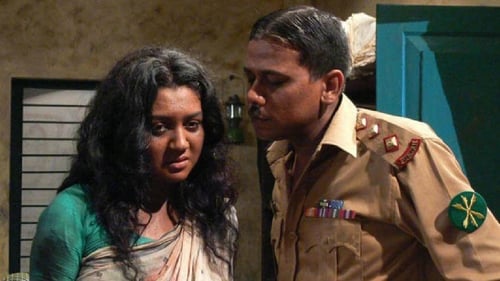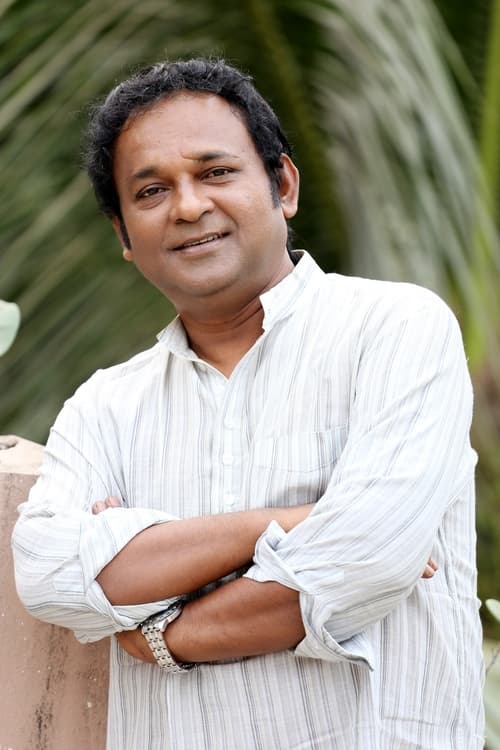Azad Abul Kalam
Рождение : 1966-10-26,
История
Azad Abul Kalam is a Bangladeshi actor, director, writer and activist. He is one of the founders of Prachyanat and Prachyanat School of Acting and Design. He won Meril Prothom Alo Award for Best Playwright in 2012, for his television adaptation of Muhammed Zafar Iqbal’s novel, "Sabuj Velvet".

Based on popular writer Muhammad Zafar Iqbal's novel "Ratuler Raat, Ratuler Din", the movie is about an adventurous journey of few teenagers !!

A power station clerk maneuvers a blackout every night for a secret rendezvous; a businessman caught in a limbo beside an up-class escort; a travel agent deliberately delays his client’s visa; a girl clandestinely trains herself for a race; a plumber gets entry into a private chamber of an actress he is obsessed with– all are interwoven in a thread of love and lust.

Rojob Ali Gunin
The movie is about the clash among two brothers in an eternal love triangle followed by the mysterious death of their grandfather Razab Ali Guning, a village exorciser.

The story revolves around a writer's writing and psychology. How would the writer feel if his own character came in front of him? Is it possible to measure someone's worth in money? What is the present? What is the truth? Is death the end?

In 1971, renowned Bangladeshi writer Ahmed became refugee in Kolkata. He had been to earn his livelihood as a writer. Then he comes to know about his missing fiance named Tayeba admitted in a nearby hospital in the same city.

Ambujakkho
Based on 1947's book 'Ekoi Namer Golpo' by Hasan azizul Haque.

Screenplay
Based on 1947's book 'Ekoi Namer Golpo' by Hasan azizul Haque.

2 people. 1 cigarette. 1 conversation.

Shafiq
Muhib lost his parents at a early age and brought up by his sister. After the marriage of his sister Jeba, he comes along with his sister in his brother-in-law's house. He grows up with strict rules by his brother-in-law. But for the sake of his sister's happiness, he bears all of this. Muhib is in a deep relationship with Oru. They married each other in a court with the presence of his friends. But they cannot stay together as Muhib has to leave the town for his job. Muhib dreams for a new life with Oru but a mishap changes everything.

Dr. Aroj Ali
Religious prejudice and racial dogmatism are the curse of Mohanpur, a backwater village out of touch with progress in the contemporary world. But, as depicted in the film Brihonnola, humanity has the strength to combat and neutralist the poisonous effects of these evils on the lives of the villagers.

Bilkis Banu, lost her husband Hasan on the bloody night of 25th March 1971. She tries to forget him and concentrate on the urban guerrilla movements of Dhaka with Altaf Mahmud, Shahadat, Mrs Khan and many more. But the when spies and the razakars inform on them, most of their people get arrested and Bilkis has to run for her lives, towards her village.

Sumon
During the war in 1971, Meher falls in love with a soldier from the enemy side. When her love is discovered, she is shamed and silenced by her family and society. Today 38 years after the war, Meher has a visitor she cannot turn down.

Faruk Uddin
After committing a double murder, Shumona flees from the police and seeks refuge at a stranger's apartment. Close on her tracks is legendary detective, Faruk Uddin who has never taken more than 72 hours to solve a case. Will he succeed this time? Or, is his ego about to be bruised?

Young Lalon
The story of the life of Lalon Fakir, a great mystical saint, poet and folk singer, who is legendary in his native Bangladesh.

Chhaya Ranjan
The film brings to light the lives of jatra artists and their struggles to make a living off the dying performing art.

The film "Chiranjeev Mujib" is based on the "unfinished autobiography" of Father of the Nation Bangabandhu Sheikh Mujibur Rahman, setting the stage for Sheikh Mujib to become the leader of the people from 1949 to 1952 and his role in the great language movement.







